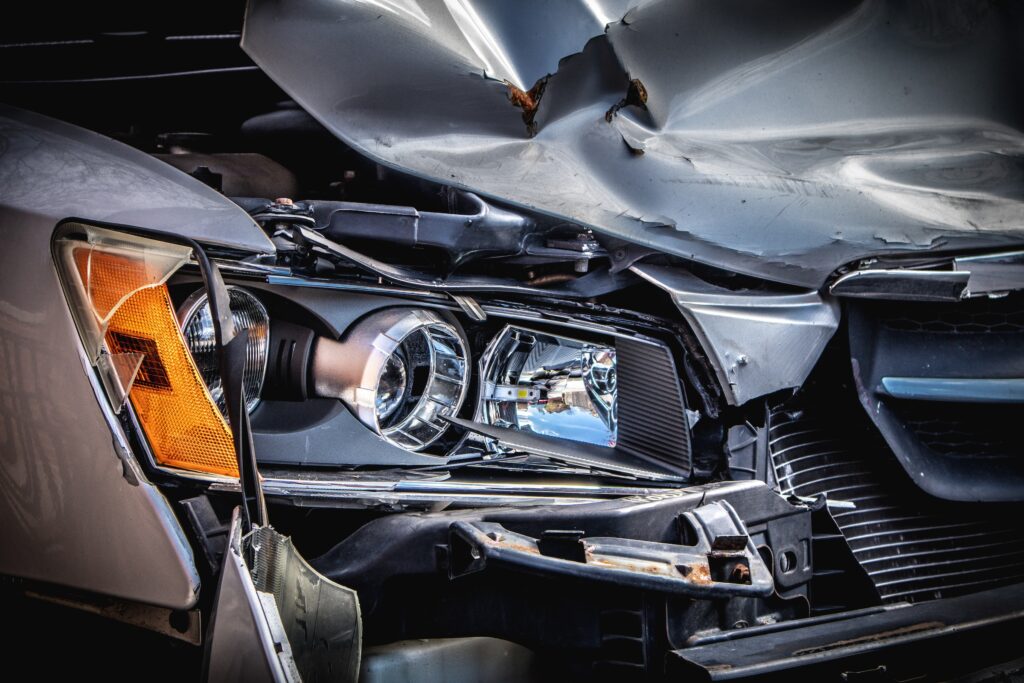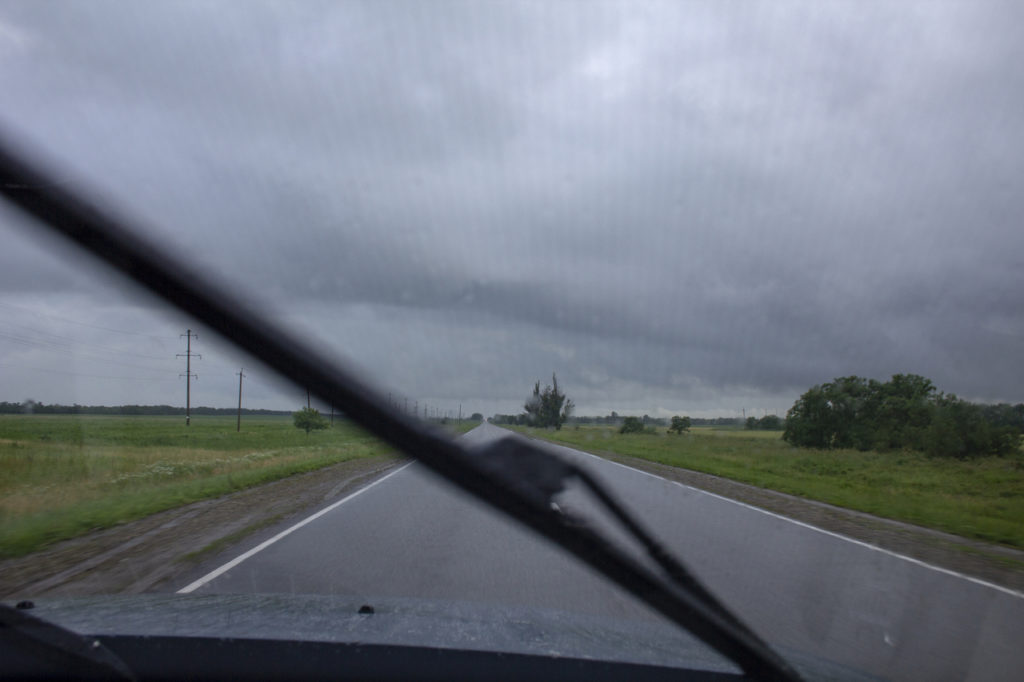You Might Not Think You Need Car Insurance Until Its Too Late
Let’s be honest; no one gets excited about insurance and having to pay for it. It is a necessary ‘evil’ which all motorists should have because like it or not, the day will come when its desperately needed.
When you consider the state of our roads and the reckless behaviour of most drivers in South Africa, coupled with the high occurrences of car hijackings, vehicle theft and frequency of road accidents, vehicle insurance is something all motorists should invest in.
In the event something happens to your vehicle, it is comforting to know that you have insurance to fall back on. Comprehensive car insurance is the most recommended option to protect both you and your vehicle, and is usually mandatory if you have a vehicle finance agreement in place. However, if your household budget does not allow for comprehensive cover, then the minimum insurance you should take out on your car is third-party insurance that includes fire and theft. Bear in mind though, that third-party vehicle insurance only covers the damage that your vehicle causes to other people’s vehicles or property.

According to the AA (Automobile Association of South Africa), between 65 and 70% of the estimated 12 million vehicles on South African roads are uninsured, and this percentage is growing annually. If you are involved in a crash, you only have a three in ten chance of the other driver being insured and able to cover any damages. If the accident is your fault, it is even more important to be covered comprehensively.
“It’s for this reason, among others, that, if you are considering cancelling your car insurance to cut back on expenses, to rethink this. If something were to happen to your car, knowing you are covered is one less thing to worry about,” says Kutlwano Mogatusi, WesBank Motors communications specialist.

Car insurance is a way of protecting your car – and yourself – against the harm and the costs if your vehicle is involved in an incident such as an accident or theft. By paying a monthly insurance premium, your personal return on investment is knowing that your vehicle is covered by your insurer. If your vehicle is comprehensively insured with a reputable insurer, you will be covered for a vehicle accident, a natural disaster, fire, or theft. If the unfortunate incident is your fault and damage is caused to another vehicle, driver or passengers, or a pedestrian, your insurance would cover you for that too. Having car insurance is similar to having a safety net should something go wrong.

“Knowing why you need car insurance is one thing, but making sure you choose the policy that will best safeguard your vehicle, is another. The right policy ensures that your vehicle is safe from natural disasters, the threat of theft or fire, third party cover, damages, or even a total write-off of the car resulting from an accident,” explains Mogatusi.
“The best car insurance policies include vehicle repairs and replacements, reimbursement for damages to the other party or parties from an accident you cause, car hire while your car is being repaired and even roadside assistance. When you report a claim to your insurance company, a representative will manage the claims process and assist you with any questions you may have. Shopping around for a policy that suits both your needs and your pocket is advisable. Be sure to read, and understand, the terms and conditions within the fine print too – you don’t want any nasty surprises if you need to make a claim.”

Understanding the factors that can affect the amount you pay on your monthly premium will also help you make an informed decision on which insurance policy to invest in. This starts with the type of vehicle you drive – a luxury car will attract a higher insurance premium, while an older vehicle or a second-hand car with a lower market value will cost less to insure. Even the colour of the vehicle can impact the insurance cost, with white or lighter-coloured cars attracting a lower premium, as will other factors such as your age, where you live and work, and the length of time you have been a licensed driver.

If you are a recent graduate or young professional, and have been driving for less than five years, you are considered to be an inexperienced driver to the insurance company, no matter how competent a driver you may be. The insurer considers an inexperienced driver to pose a greater risk, which will affect your monthly premium amount. How you manage your personal finances, and your credit history will also be considered as the insurance provider needs to ascertain your risk profile when determining your premiums.

While the monthly premiums for insurance may seem like a grudge payment, it is important to consider the alternative: if you are involved in an incident and have no insurance cover, you will have to pay for the damages to your car and the other vehicle from your own pocket, if it is your fault.

“There are many insurance deals for vehicles on the market, so shop around. Also consider the extra benefits on offer such as roadside assistance, discounts for good driving or lowering your premiums annually as your vehicle depreciates in value. Look for the best deal to suit your pocket,” concludes Mogatusi.

